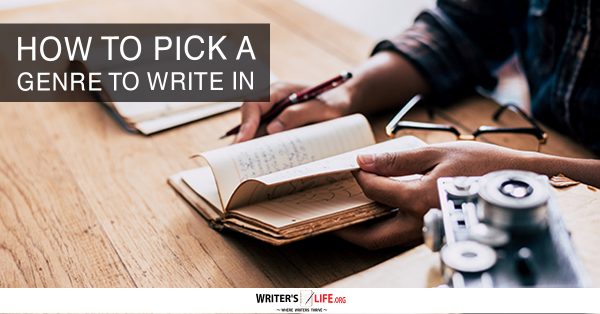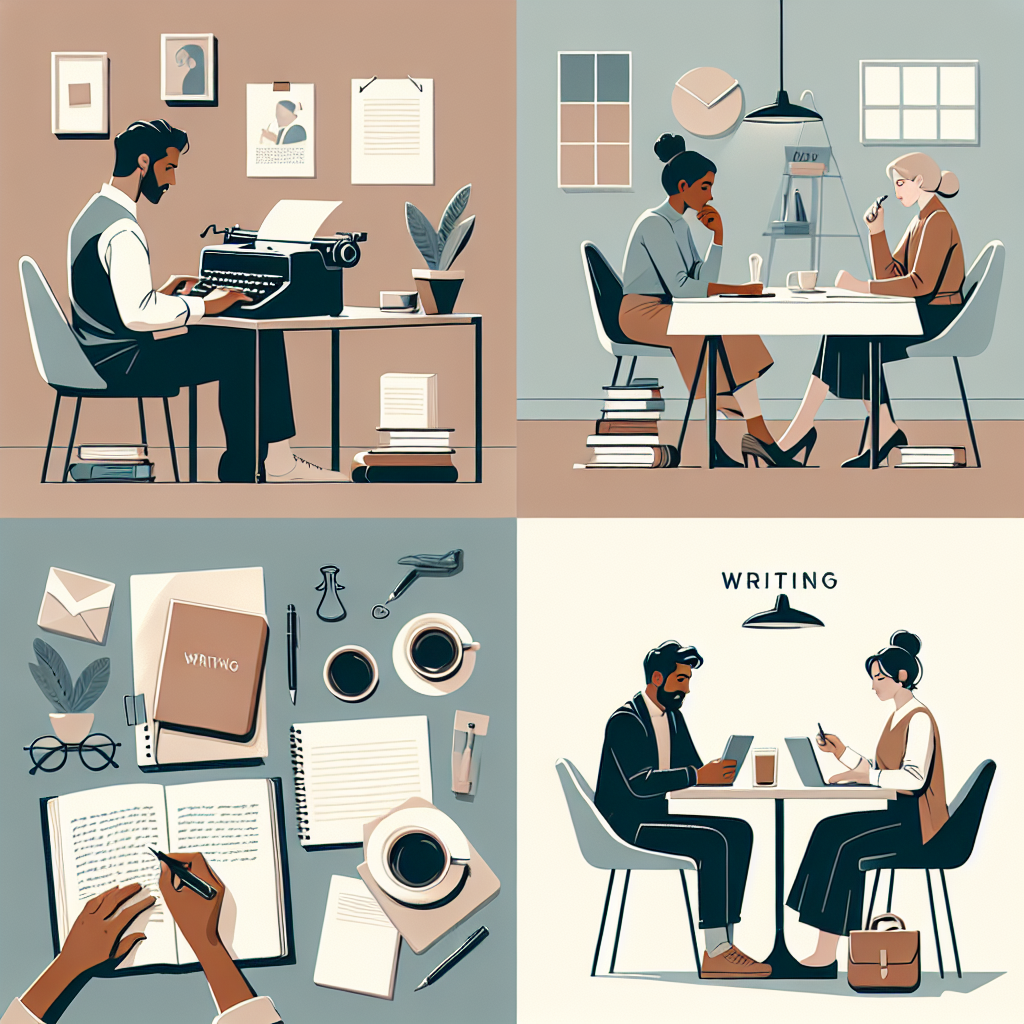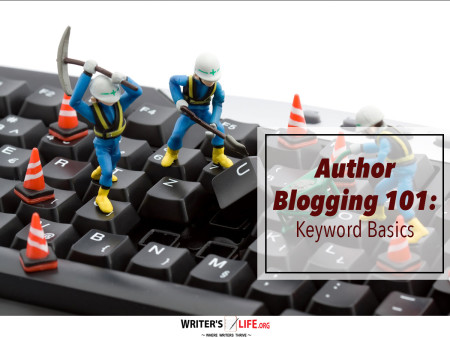- How To Tackle Jealousy In Creative Writing
- Common Submission Mistakes
- How To Stop Your Blog Becoming Boring
- The One Thing Every Successful Writer Has In Common
- How To Make Yourself Aware Of Publishing Scams
- Why Almost ALL Writers Make These Grammar Mistakes At Some Point
- 5 Tips For Authors On How To Deal With Rejection
- Top Mistakes to Avoid When Writing a Novel
- How to Avoid Common New Writer Mistakes
- 10 Mistakes New Fiction Writers Make
How To Pick A Genre To Write In

Many writers don’t consider the genre they are writing in until their book is written. It’s easy to believe that once you have finished writing your novel that it will become immediately obvious which category it falls into and when you are undertaking tasks such as submitting to editors or selecting the genres where your book should sit in Amazon, that it will be easy to define your writing in such a way.
However, only considering your genre after you have finished your story can lead to some problems. There are perhaps some stories that are easier to define. A classic romance, thriller or horror story for example. With many contemporary fiction books it can be a little more tricky, and in fact, you could find your story crosses the boundaries of many different genres, a little bit of romance but mostly a thriller, a ghost story with some comedy thrown in, and so on.
The trouble with not being able to clearly define your genre is that you then cannot clearly define your audience. One of the most important things you should be able to do when submitting your novel to publishers and agents, or when marketing it yourself, is be able to define who your audience is, to be able to prove that there is a market for your book out there, that there are readers ready and waiting to devour it.
If you are vague about your genre, agents and publishers will have a harder time being convinced they can sell your book. Where will it sit in a bookstore? Will readers be annoyed if they pitch it as a romance novel, when actually perhaps it is more of a fantasy book? It’s the same when you come to chose where to place your book, if self-publishing, on sites such as Amazon - if readers disagree with your choices then you could end up with negative reviews - readers do not like to be misled after all.
So how do you choose a genre to write in?
Write with an audience in mind
You should always consider your reader when you write. Before you start why not try to identify who your target audience is? Sketch out an idea of what they are like, get to know them, what motivates and inspires them? What makes them tick? Once you understand your reader you’ll have a better idea of the types of books they read, and therefore the genre you should place your book into.
Read many genres and see what resonates
Writing in a genre you love to read will make your life so much easier. If you love romance novels but try to write a hard boiled detective story you might find yourself in trouble. So read lots and lots of different books and then shape your story to fit which genre you like best.
Go to a bookstore and look at the books in each section, where do you see yours going?
If you have already written your novel, or have your story already mapped out in your head, go to a bookstore to try and help clarify which genre it fits into. Look at books by other authors and see which ones have similar themes to yours. This is also a great way of getting inspiration for your book synopsis and cover too!
Create a marketing plan
If you pick a genre that is really obscure, you might find it difficult to know how to market your book. Saying, that a niche genre could help you really focus on specific readers. Creating a marketing plan could help sway you one way or another as you decide what is best for your book.
At the end of the day when it comes to picking a genre to write in, sometimes it’s simply a good idea to go with your gut instinct. If you are torn between two, you could even make a pros and cons list to help you choose. Whatever you do, make sure you have a clear idea of the genre you are writing in, ideally before you start to write, that way you’ll have your reader firmly in mind and be more likely to write something that they won’t be able to resist.

Bethany Cadman -author of 'Doctor Vanilla's Sunflowers'





























